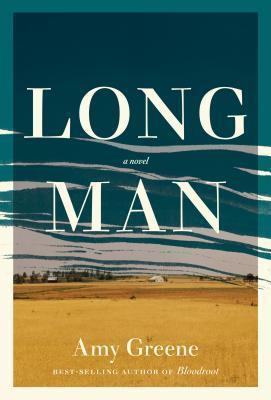What do you think?
Rate this book


453 pages, Hardcover
First published February 25, 2014
 which is pretty silimar in that it is set in the Apaliatian mountains and tells the story of how a farming community are forced of their lands in order to build a Dam. I love books set in the Appalacian mountains and wish I had chosen Long Man in paperback as I think I would have got much more from it.
which is pretty silimar in that it is set in the Apaliatian mountains and tells the story of how a farming community are forced of their lands in order to build a Dam. I love books set in the Appalacian mountains and wish I had chosen Long Man in paperback as I think I would have got much more from it.